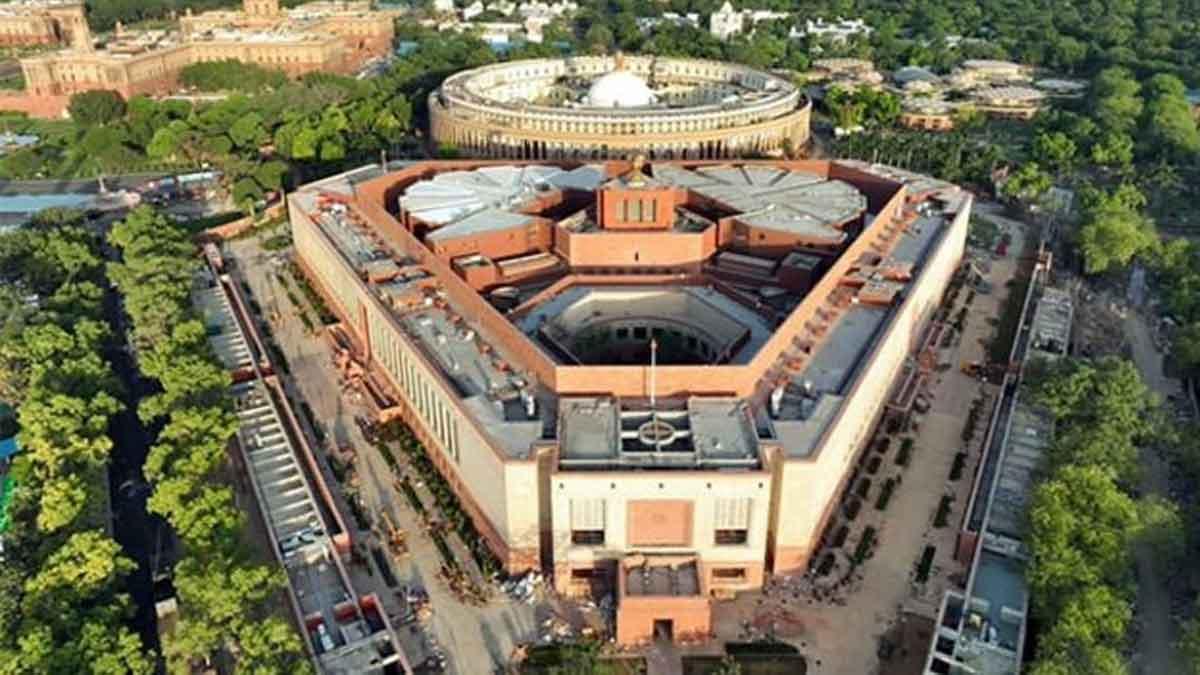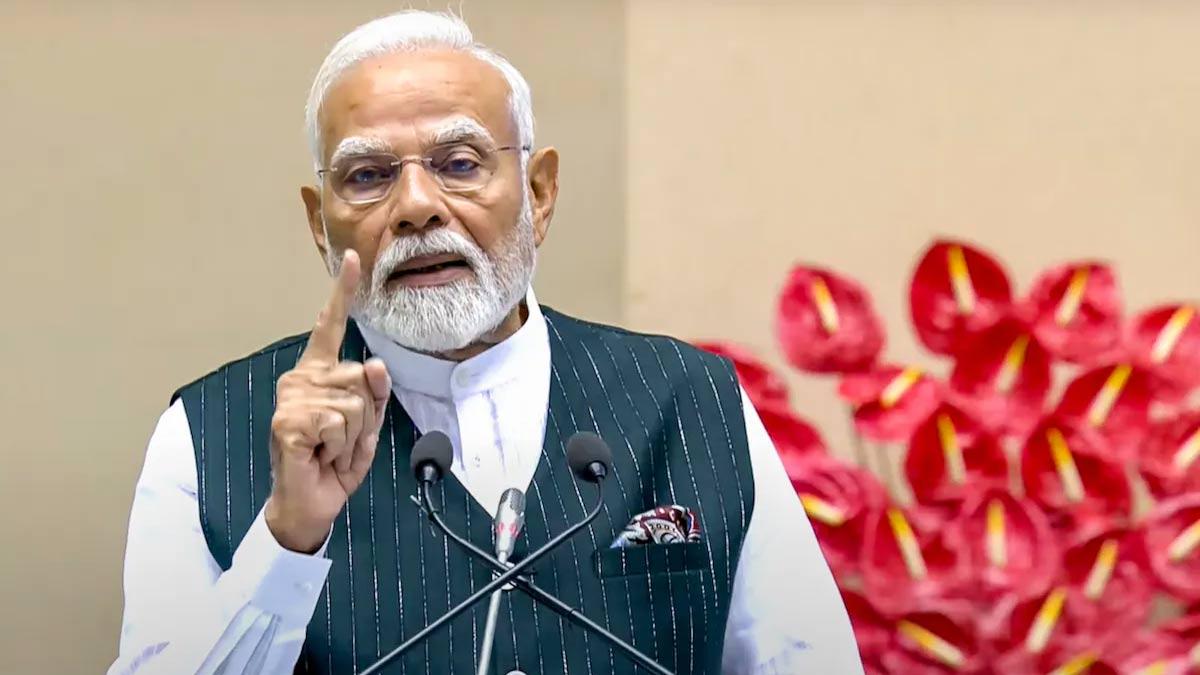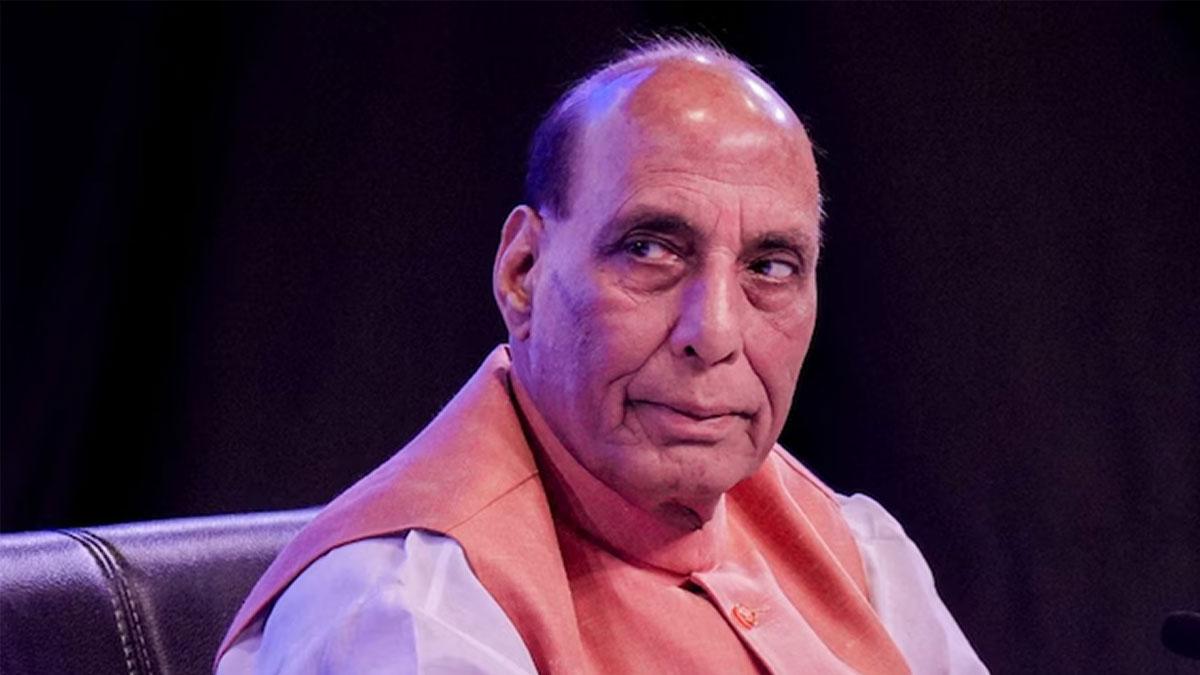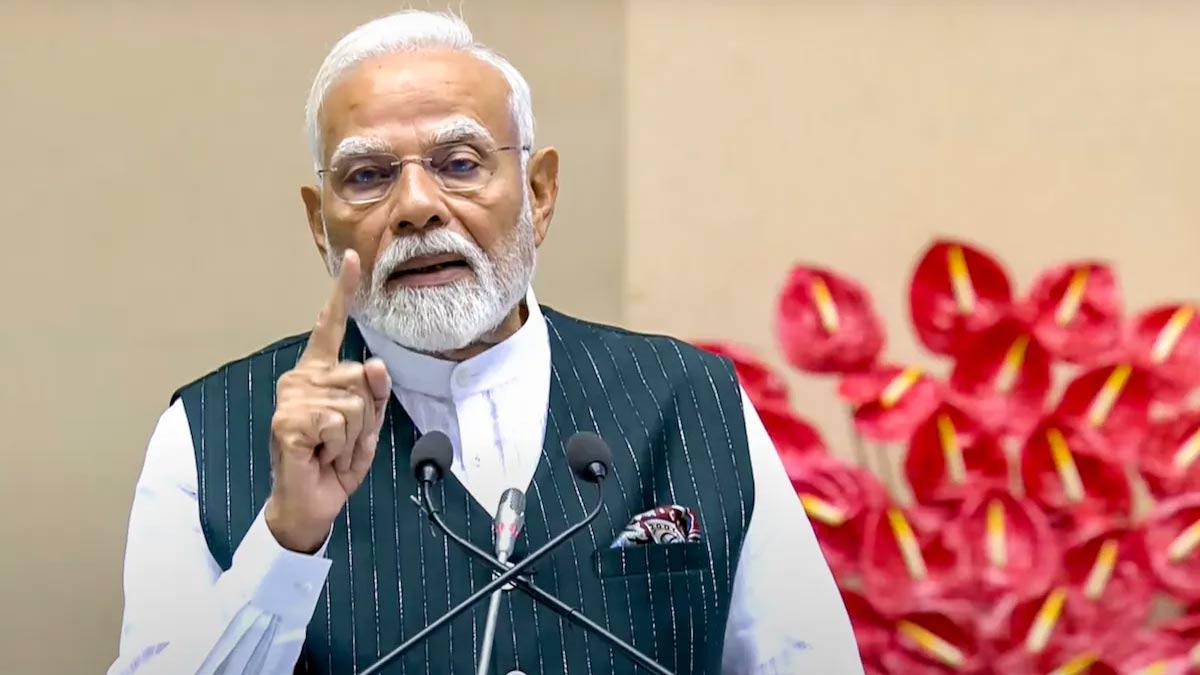A proposed bill will change substantially the existing Act governing the Waqf boards and, inter alia, will provide for representation of both Muslim women and non-Muslims on these boards.
The Waqf Amendment Bill, which is to be placed in the Lok Sabha shortly, has also proposed to rename the Waqf Act of 1995 as the Unified Waqf Management, Empowerment, Efficiency and Development Act, 1995.
The objectives of the bill include the omission of Section 40 of the present Act, which empowers the Board to decide with finality as to whether a property is a Waqf property or not.
It now provides for a more representative composition of the Central Waqf Council and State Waqf Boards by including at least one Muslim woman and one non-Muslim.
It also visualizes setting up a separate Board of Auqaf for the Boharas and Aghakhanis. The proposed legislation shall have representatives from various sects of Muslims like Shias, Sunnis, Bohras, and Agakhanis, as well as other deprived groups of Muslims.
It tries to define 'Waqf' to mean properties dedicated by persons who have been practicing Islam for a minimum of five years and possess ownership of such properties.
The other important objective of this bill is to improve the registration of Waqfs with a central portal and database. It provides the procedure regarding property mutation under the revenue laws, where notice shall have to be issued to all concerned parties before any property is declared as Waqf.
The original Wakf Act, 1995, was enacted to govern Auqaf, which are assets donated and declared as Wakf by an individual (vakif) for a purpose considered religious or charitable under Muslim law. The Act was last revised in 2013.
Read also | Supreme Court Delays Decision on Manish Sisodia's Bail in Excise Policy Cases


















